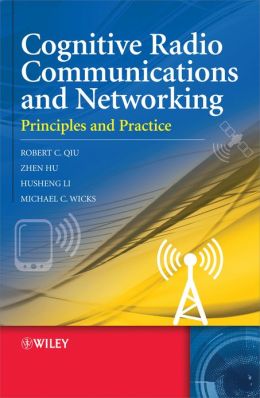 [内容简介]
[内容简介]
A comprehensive examination of the basic mathematical tools, progressing to more advanced concepts and discussions about the future of cognitive radio
Cognitive radio is a paradigm for wireless communication in which either a network or a wireless node changes its transmission or reception parameters to communicate efficiently avoiding interference with licensed or unlicensed users. In this book, the authors present a unified treatment of this highly interdisciplinary topic to help define the notion of cognitive radio. The book begins with addressing issues such as the fundamental system concept and basic mathematical tools such as spectrum sensing and random matrix theory, before moving on to more advanced concepts and discussions about the future of cognitive radio. From the fundamentals in spectrum sensing to the applications of cognitive algorithms to radio communications, the authors provide an introduction to a fast moving topic for students and researchers seeking to develop a thorough understanding of cognitive radio networks.
- Examines basic mathematical tools before moving on to more advanced concepts and discussions about the future of cognitive radio
- Describes the fundamentals of cognitive radio, providing a step by step treatment of the topics to enable progressive learning
- Demonstrates many examples about cognitive radio network from theory to practice and references for extra reading
- Includes the visions of cognitive radio network and cognitive radio network as sensors

 新书报道
新书报道